More than two-thirds of UK councils have yet to install any kerbside EV chargers, with just over six years to go until the UK government’s ban on the sale of new pure-combustion cars comes into effect.
An investigation conducted by Vauxhall as part of its new 'Electric Streets of Britain' campaign found that 69% of councils do not have an on-street charge point and that 71.6% lack a published strategy for on-street residential charging.
Of the councils that responded to the investigation, 45% stated they had no plans to install residential on-street chargers this year.
Data published by Zapmap and the Department for Transport (DfT) on 26 July 2023 revealed that, as of 1 July, just 34% of the UK’s 44,020 public charge points were designated as on-street chargers.
The Energy Saving Trust estimates that 80% of electric car charging is done from home, and a 2022 survey by Zapmap found 84% of existing EV drivers have a home charger. However, roughly 40% of UK households do not have a driveway or access to dedicated off-street parking where they could install a private charge point, forcing them to rely on public charge points. This rises to 60% of households in urban areas.
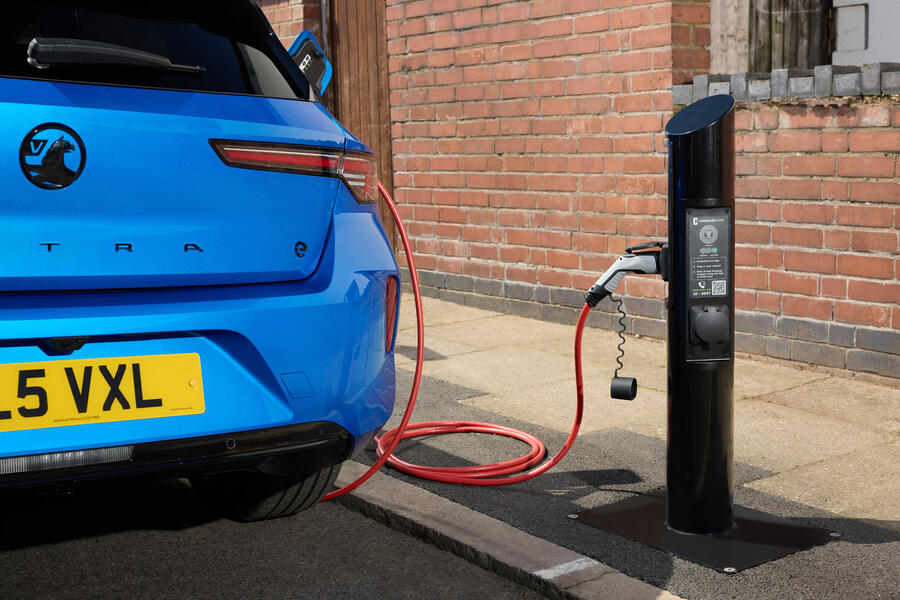
From 2024, 22% of all new cars sold in the UK must be zero-emission vehicles, which will place additional pressure on the public charging infrastructure. This proportion of sales is mandated to rise annually, reaching 80% in 2030 and 100% in 2035. For vans, the requirements will start at 10% in 2024 and hit 70% in 2030.
Sales of new electrically unassisted petrol and diesel cars will be banned in 2030, while sales of new hybrids with a "significant zero-emission capability" will be outlawed five years later, adding further demand on the charging infrastructure.

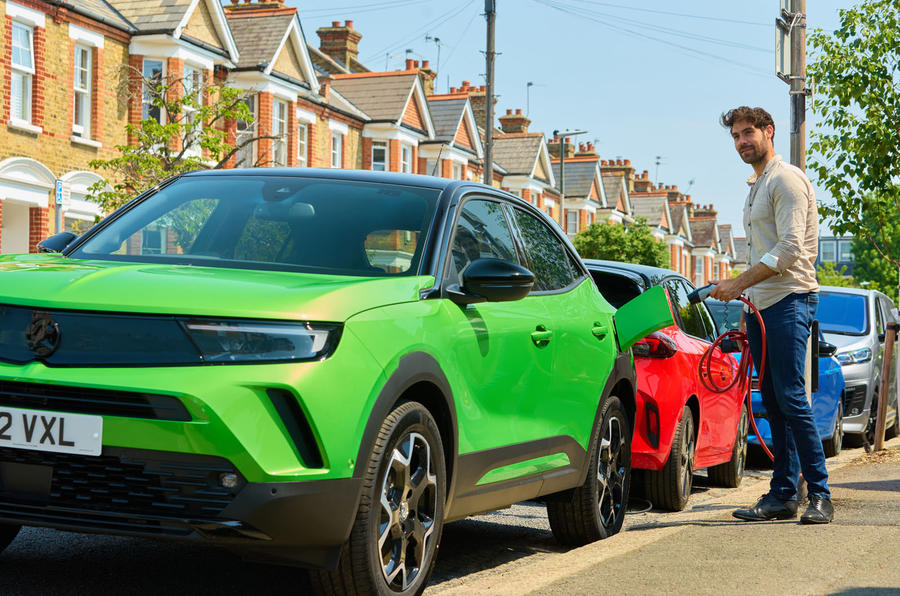

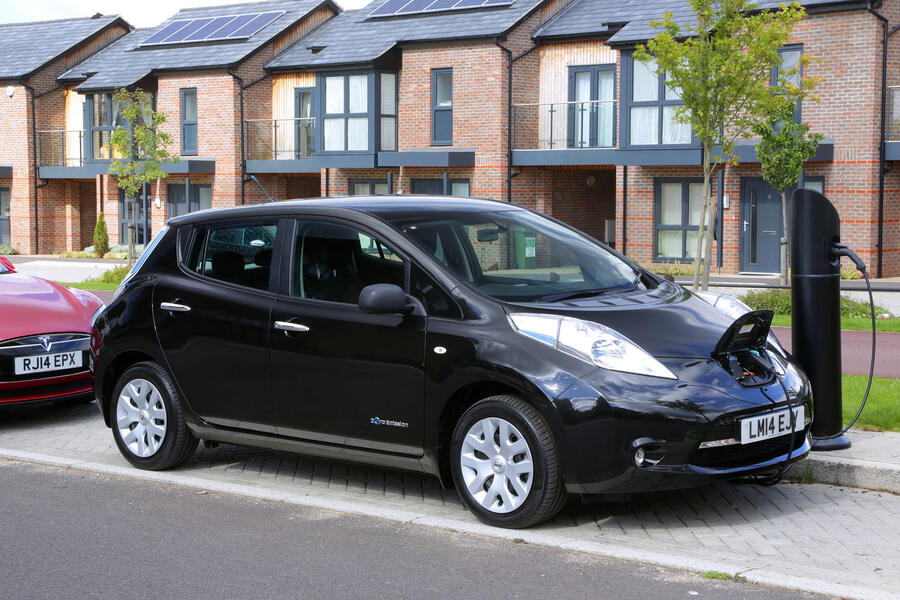
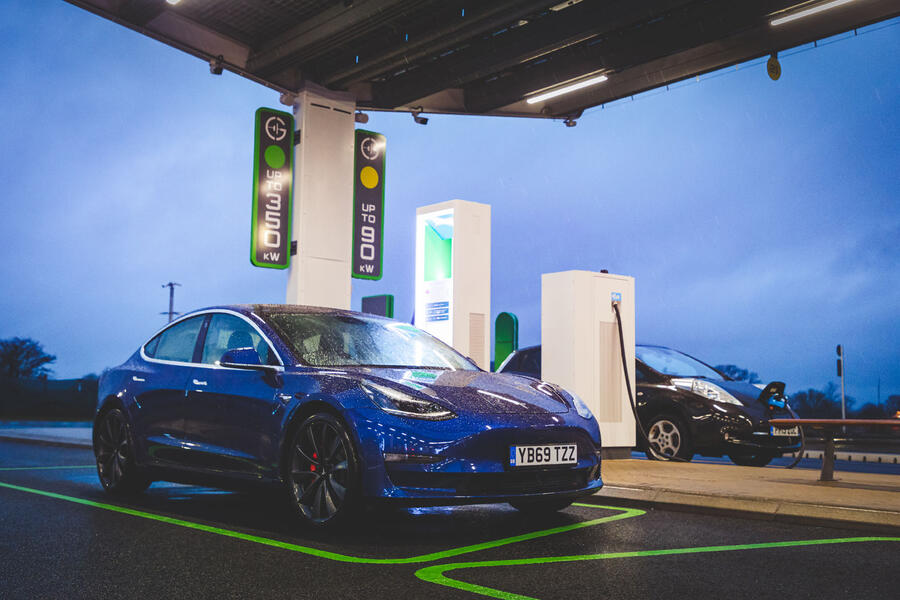
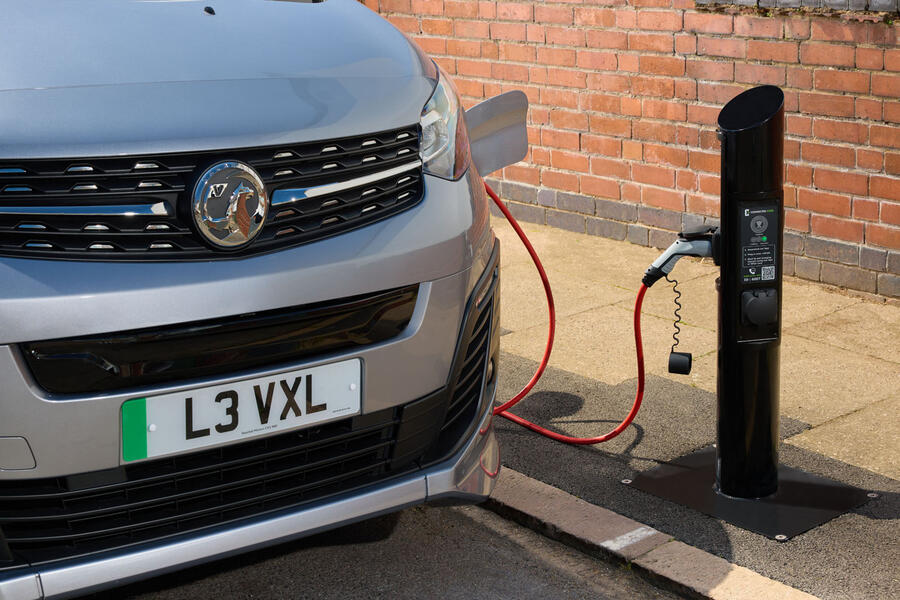





Join the debate
Add your comment
How much do public chargers cost?,what's involved in the installation?, I guess it's not that straightforward and there'd never be enough and some will be out of service not to mention vandalism ( a popular hobby for the nutters) and they won't arrive overnight.
Wrong headline - It's not the Councils job to have or install kerbside charging points any more than it's their role to have or install petrol and diesel pumps! It's for commercial operators who will get around to it only when the business case stacks up.
Councils have a definite role in deciding where, and whether, large collections of flammable liquids are stored and sold from.
They also oversee part of the business case, and are part of our collective prediction and making plans and some preparations for the near future, rather than being surprised by everything that comes along.
I live in a city in a county where both councils have a strategy, and where there are parking arrangements for electric car charging in some places. One group of those places are parking structures, which are owned by the Council, and were built by businesses whose business case was that the Council asked them to do it.